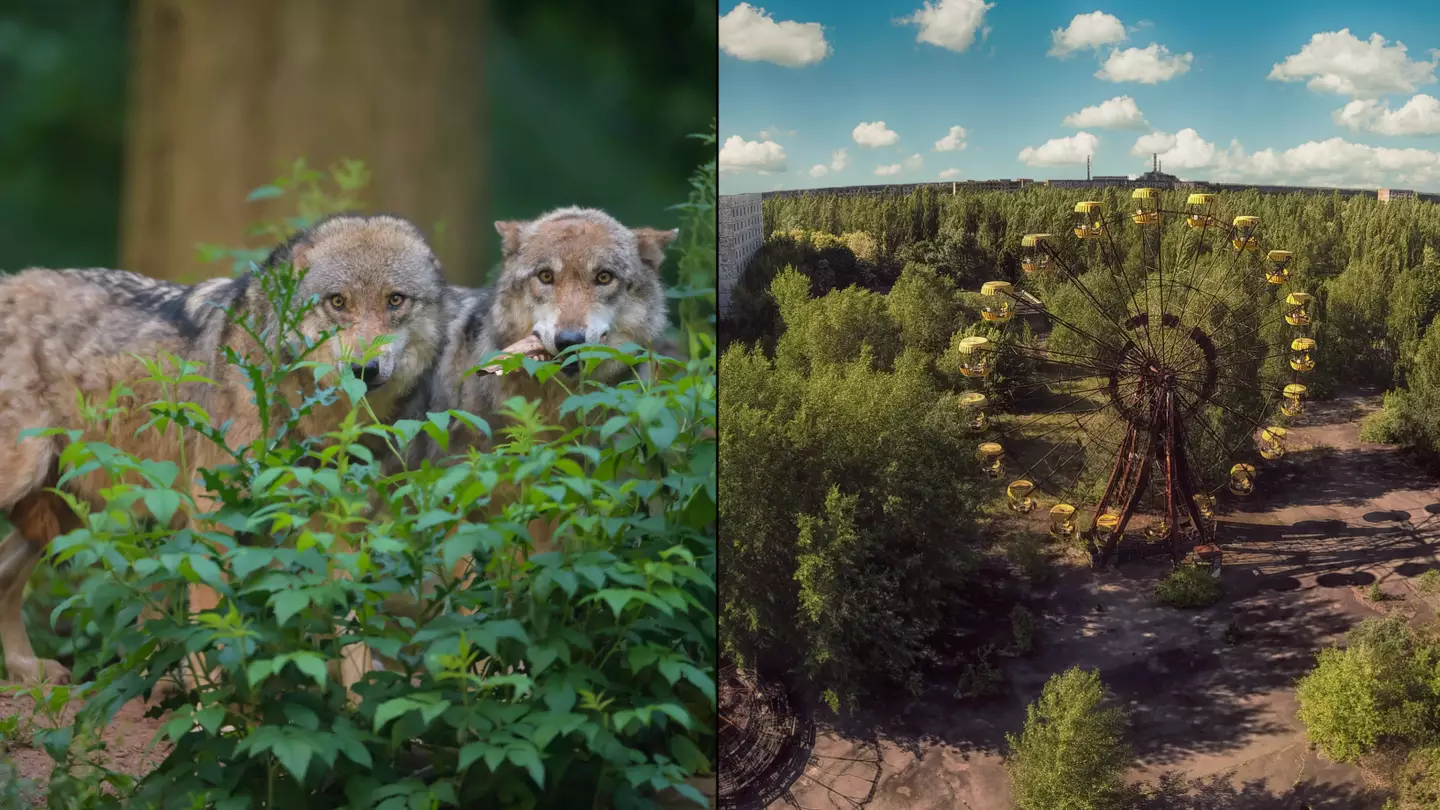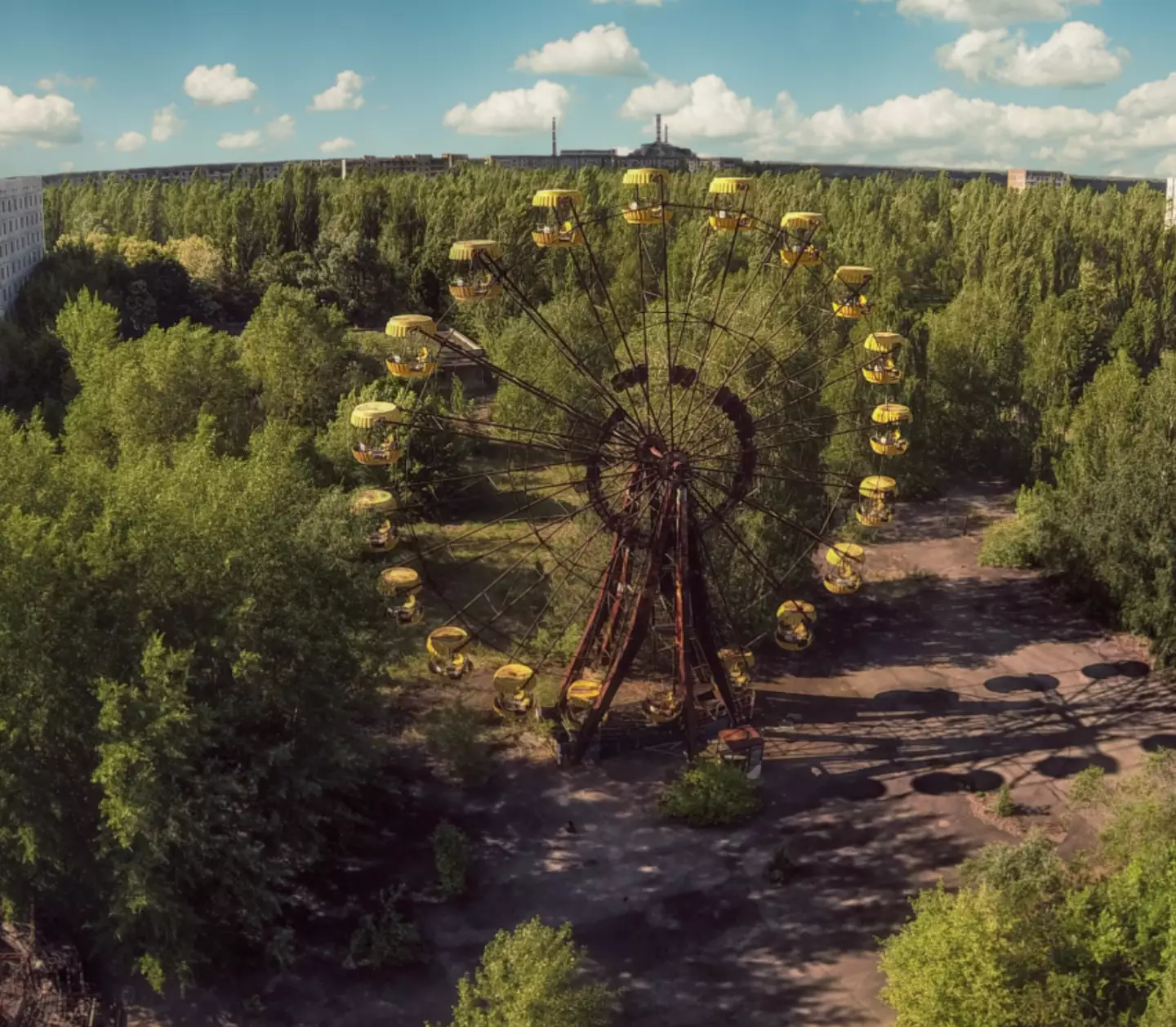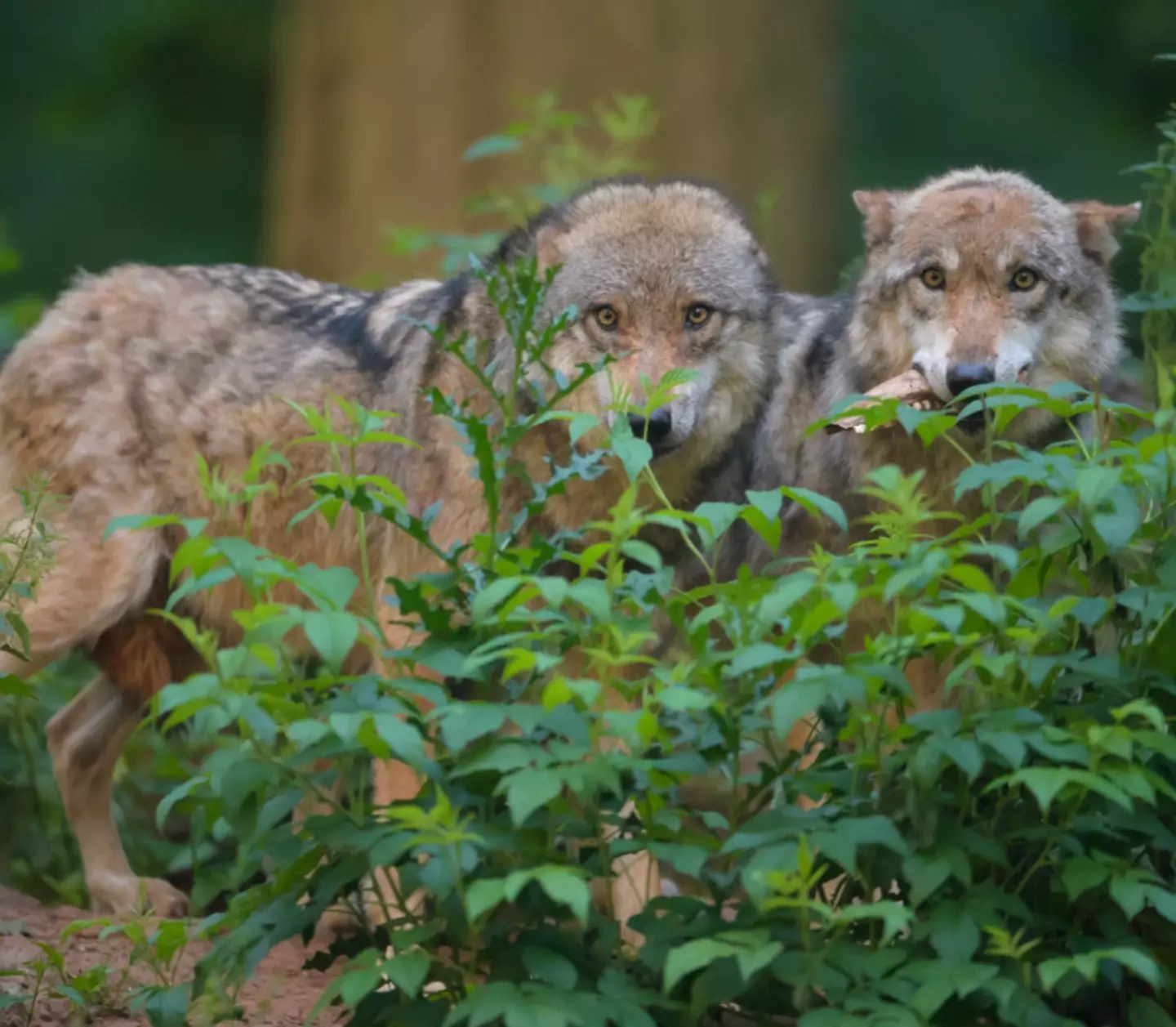
Scientists think that they may have found something that could help aid in increasing the likelihood of cancer survival.
Of all places, they think that they may have found a promising genome in mutant wolves in Chernobyl.
Back in 1986, nuclear reactor number four at the Chernobyl power plant exploded, causing the worst nuclear disaster in history - only one of two events ranked at seven out of seven on the International Nuclear Event Scale.
Advert
The nuclear radiation made the area inhabitable by humans, who abandoned it to avoid the risk of contracting cancer caused by the radiation.
A 1,000 square mile area has permanently been boxed off ever since, preventing and unnecessary human exposure.
However, in the almost 40 years since the accident, animals and wildlife have taken over the area with the absence of humans.
This includes packs of wolves, who roam the area and seem completely unaffected despite the chronic exposure to radiation.
Cara Love is an evolutionary biologist and ecotoxicologist at Princeton University, and she has been studying how the wolves have evolved to survive in the radioactive area.

In 2014, Love and her team went into the Chernobyl Exclusion Zone, placing GPS collars on the wolves that would also measure radiation levels to get a 'real-time measurement of how much they are exposed to'.
The team also took blood from them to understand more about their responses to the radiation.
From their results, the wolves are found to have been exposed to 11.28 millirem of radiation daily - which is more than six times the safe limit for humans.
It ultimately turned out that their immune systems were different to normal wolves and appeared to be similar to cancer patients going through radiation treatment.
And, according to further research, this means that these wolves have developed cancer-resilient genomes.
By better understanding how they adapted to become immune, the experts can use the findings to help humans increase the chances of cancer survival.

Dogs in the area who are descendants of the former residents' pets, could also have similar cancer resilience, but they haven't been looked at in the same depth.
They were in the area following the disaster, adapting better than other animals such as birds, who went through extreme genetic defects due to the toxic radiation.
Since the COVID-19 pandemic and due to the on-going Russia-Ukraine war, Love and her team have unfortunately been unable to return to Chernobyl Exclusion Zone to continue their research.
"Our priority is for people and collaborators there to be as safe as possible." Love said.